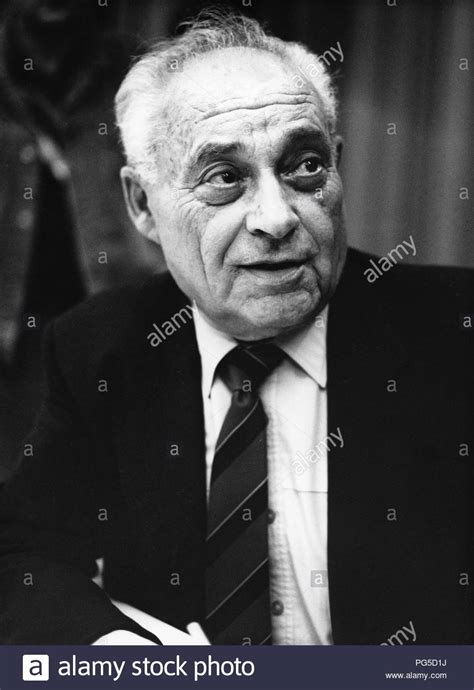A Quote by Joshua Foer
When I climb into my car, I enter my destination into a GPS device, whose spatial memory supplants my own. I have photographs to store the images I want to remember, books to store knowledge and now, thanks to Google, I rarely have to remember anything more than the right set of search terms to access humankind's collective memory.
Related Quotes
Memory is corrupted and ruined by a crowd of memories. If I am going to have a true memory, there are a thousand things that must first be forgotten. Memory is not fully itself when it reaches only into the past. A memory that is not alive to the present does not remember the here and now, does not remember its true identity, is not memory at all. He who remembers nothing but facts and past events, and is never brought back into the present, is a victim of amnesia.
In memory, you can access something from the past, anything that you've experienced that you remember - it's there. Now, you might have a memento of it in a photograph or in a film or a building or some clothes that you wore. There might be something that connects you to this memory. But all of us are just all caught in this time, whatever that is.
Some people say they use images to help them remember intricacies. Others say they just remember. If they are able to form an image of the face, it is because they remember how it was: it is not that an image guides memory, but that memory produces an image, or the sense of imaging. We have no agreed way to talk clearly about such things.
Google Now is one of those products that to many users doesn't seem like a product at all. It is instead the experience one has when you use the Google Search application on your Android or iPhone device (it's consistently a top free app on the iTunes charts). You probably know it as Google search, but it's far, far more than that.
Memory is the great deceiver. Perhaps there are some individuals whose memories act like tape recordings, daily records of their lives complete in every detail, but I am not one of them. My memory is a patchwork of occurrences, of discontinuous events roughly sewn together: The parts I remember, I remember precisely, whilst other sections seemed to have vanished completely.
It is true that one of the first acts of tyrants is to erase history, to wipe out the recorded memory of a people. With that in mind, it's important to remember that the work that we do as writers, artists and performers will form an essential part of the collective memory that future generations will draw upon. And so we owe it to those future generations to defend that memory and be honest witnesses to our times.

































